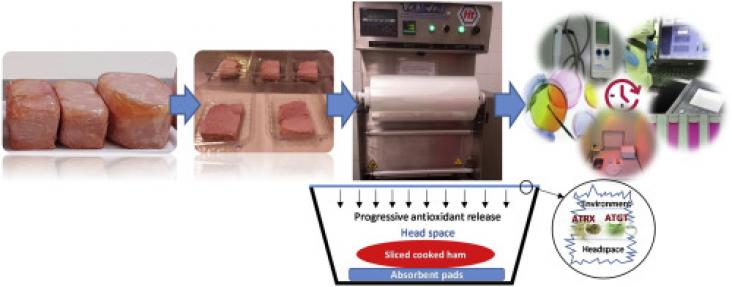
The effectiveness of active packaging systems with green tea extract and oregano essential oil was checked for their use in sliced cooked ham.
An Ultra-High Performance Liquid Chromatography combined with Time-of-Flight Mass Spectrometry (UHPLC–ToF-MS) method has been developed for determination of nine mycotoxins, namely aflatoxins (AFB1, A
Across the lower- and middle-income world, investors are acquiring rights to large swathes of land for agricultural development, threatening both existing livelihoods and the environment. The full weight of future impacts remains uncertain. But research on sustainable agriculture offers avenues to mitigate, diffuse, and avoid negative environmental and social consequences.
This book presents methods of computational intelligence and data fusion that have applications in agriculture for the non-destructive testing of agricultural products and crop condition monitoring. This chapters address SDGs 2 and 9 by presenting methods related to the combination of sensors with Artificial Intelligence architectures in Precision Agriculture.
The number of countries with a national development plan has more than doubled, from about 62 in 2006 to 134 in 2018.
Contributing to SDGs 2, 3 and 11, this chapter gives an overview of the processes and motivations behind the conception, implementation and persistence of global agricultural policies which have led to food insecurity.
Advancing SDGs 2, 3 and 11, this chapter gives an overview of how food security, nutrition and sustainability are interrelated.
Anthropogenic climate change is altering the functioning of terrestrial ecosystems.
Globally, industrial agriculture threatens critical ecosystem processes on which crop production depends, while 815 million people are undernourished and many more suffer from malnutrition.
This Special Issue, bringing together articles from Science of the Total Environment; Renewable and Sustainable Energy Reviews; Ecological Modelling, and Resources; Conservation and Recycling, highlights the increasing understanding that major systems servicing human well-being, food, energy and water (FEW) systems are inextricably connected, and any attempt to address one dimension in isolation of the others will lead to unexpected, undesired, and far from optimal consequences. Considering these three systems holistically as the Food-Energy-Water Nexus directly considers Sustainable Development Goals 2 (zero hunger), 6 (clean water and sanitation), 7 (affordable and clean energy), 9 (industry, innovation and infrastructure), and 12 (responsible consumption and production).
